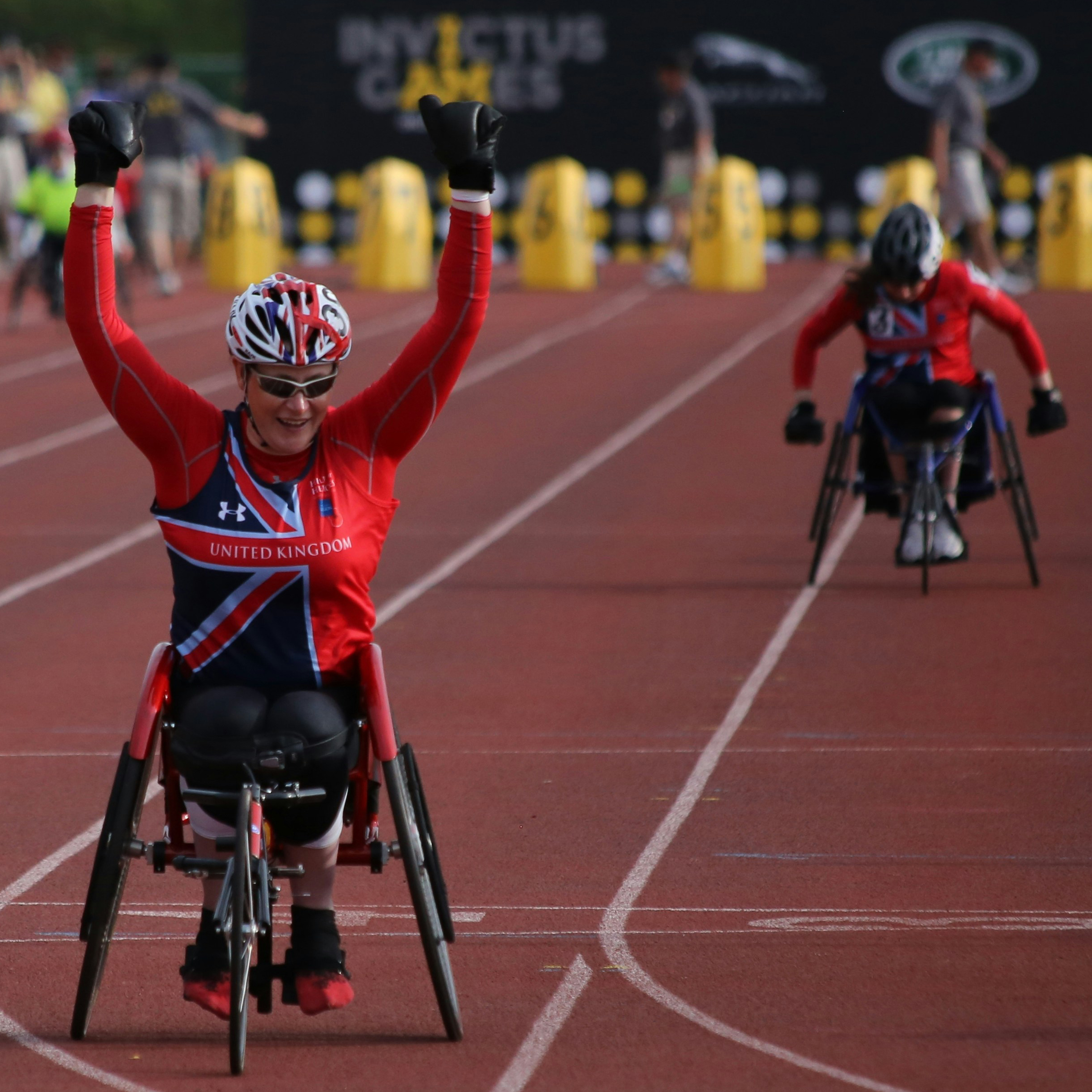Accessible Sports and Recreation Activities in the UK: Promoting Active and Healthy Lifestyles
Posted on August 20, 2024 in News
Accessible Sports and Recreation Activities in the UK: Promoting Active and Healthy Lifestyles
The UK has made significant strides in promoting inclusive sports and recreation activities, ensuring that people with disabilities have ample opportunities to engage in physical activities. With the Paris 2024 Olympics in full swing and the Paralympics just around the corner, there is no better time to spotlight the accessible sports and recreational activities available across the UK. This blog will highlight various options, encouraging everyone to lead active and healthy lifestyles.
Wheelchair Basketball
Overview: Wheelchair basketball is a fast-paced, competitive sport that has gained popularity in the UK. Governed by British Wheelchair Basketball, the sport is designed for individuals with physical impairments affecting the lower limbs.
Benefits: Enhances cardiovascular fitness, improves upper body strength, and promotes teamwork and strategic thinking.
Where to Play: Many local sports centres and community clubs offer wheelchair basketball sessions. Key venues include the National Basketball Centre in Manchester and the University of Worcester Arena.
Adaptive Rowing
Overview: Adaptive rowing is tailored for individuals with various disabilities, including those affecting the upper or lower body. British Rowing provides extensive support and training programs for adaptive rowers.
Benefits: Boosts cardiovascular health, strengthens core muscles, and improves coordination and balance.
Where to Row: Major rowing clubs across the UK, such as Marlow Rowing Club and Stratford-upon-Avon Boat Club, offer adaptive rowing programs.
Blind Football
Overview: Blind football is an exhilarating sport for visually impaired individuals. It is played with an audible ball that makes noise when it moves, allowing players to locate it through sound.
Benefits: Enhances spatial awareness, auditory skills, and physical fitness.
Where to Play: The National Football Centre in Burton upon Trent and the Royal National College for the Blind in Hereford are notable venues offering blind football programs.
Para-Athletics
Overview: Para-athletics encompasses a range of track and field events for athletes with physical, visual, and intellectual impairments. British Athletics provides structured training and competition opportunities for para-athletes.
Benefits: Improves overall fitness, boosts self-esteem, and fosters a sense of accomplishment.
Where to Train: Many athletics clubs across the UK, such as the Lee Valley Athletics Centre in London and the Alexander Stadium in Birmingham, offer para-athletics programs.
Boccia
Overview: Boccia is a precision ball sport similar to bocce, designed specifically for athletes with severe physical disabilities. It is a Paralympic sport governed by Boccia UK.
Benefits: Enhances hand-eye coordination, strategic thinking, and concentration.
Where to Play: Boccia clubs and community centres nationwide, including the English Institute of Sport in Sheffield and the Wales National Sports Centre in Cardiff, host boccia sessions.
Adaptive Cycling
Overview: Adaptive cycling includes a variety of bikes such as handcycles, trikes, and tandem bikes for individuals with different disabilities. Cycling UK and British Cycling offer adaptive cycling programs.
Benefits: Promotes cardiovascular health, enhances leg and core strength, and provides a sense of freedom and independence.
Where to Ride: Many cities have adaptive cycling hubs, such as Wheels for Wellbeing in London and Pedal Power in Cardiff, providing accessible cycling opportunities.
Swimming
Overview: Swimming is an excellent low-impact activity suitable for people with a wide range of disabilities. Swim England offers guidance and support for adaptive swimming.
Benefits: Improves cardiovascular fitness, enhances muscle strength, and promotes relaxation and mental well-being.
Where to Swim: Accessible swimming pools can be found throughout the UK, including the London Aquatics Centre and the Manchester Aquatics Centre.
Sitting Volleyball
Overview: Sitting volleyball is a team sport adapted for players with lower limb impairments. It is fast-paced and requires quick reflexes and strong teamwork.
Benefits: Enhances upper body strength, improves reflexes, and fosters team spirit.
Where to Play: Clubs and sports centres like the National Volleyball Centre in Kettering and the University of Nottingham offer sitting volleyball programs.
Encouraging Participation
Promoting accessible sports and recreation activities is essential for fostering inclusive communities and encouraging healthy lifestyles for everyone. Here are a few tips to get involved:
Research Local Clubs: Many cities and towns have clubs dedicated to adaptive sports. A quick online search or visit to local community centres can provide valuable information.
Join National Programs: Organisations like Parasport, Disability Sports Coach, and the English Federation of Disability Sport (EFDS) offer programs and events across the UK.
Volunteer: If you’re not a participant, consider volunteering. Supporting adaptive sports can be incredibly rewarding and helps build inclusive communities.
The UK offers a diverse range of accessible sports and recreational activities designed to accommodate and celebrate people with disabilities. From the thrill of wheelchair basketball to the tranquillity of adaptive rowing, there are numerous opportunities to stay active and lead a healthy lifestyle. With the spotlight on the Paralympics, let's take this opportunity to explore, engage, and encourage participation in accessible sports. Together, we can create a more inclusive and active society.